Whether it’s hiring the right staff, managing guests’ expectations, or using the right tools to handle reservations, there are a lot of moving pieces to managing a campground.
How do you find good talent? How do you create a great experience for customers? What reservation system should you use?
For park owners looking to make life a little easier, here are 7 tips for managing a campground.
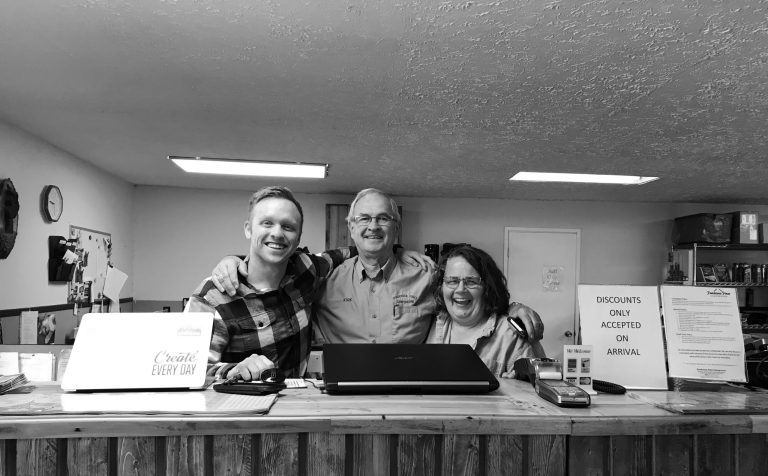
1. Build the right team.
It’s easy for owners to fall into the trap of thinking they have to do everything. The reality is you just need to put the right people around you. Take time to invest and hire a staff that will care about your campground and guests as much as you do.
- Start with an on-site manager.
- Factor in seasonal employees or work-campers to help with peak seasons.
- Automate the tasks that can be automated (see Tip #4 for more on this).
The friendly staff at Ponderosa Pines in Lower Cape, NB.
Beyond that, take care of your staff and incentivize their success in creating a quality guest experience. When you take care of employees, they take care of your business.
If you’re in the market for good talent, here are 6 tips for hiring the right employee.
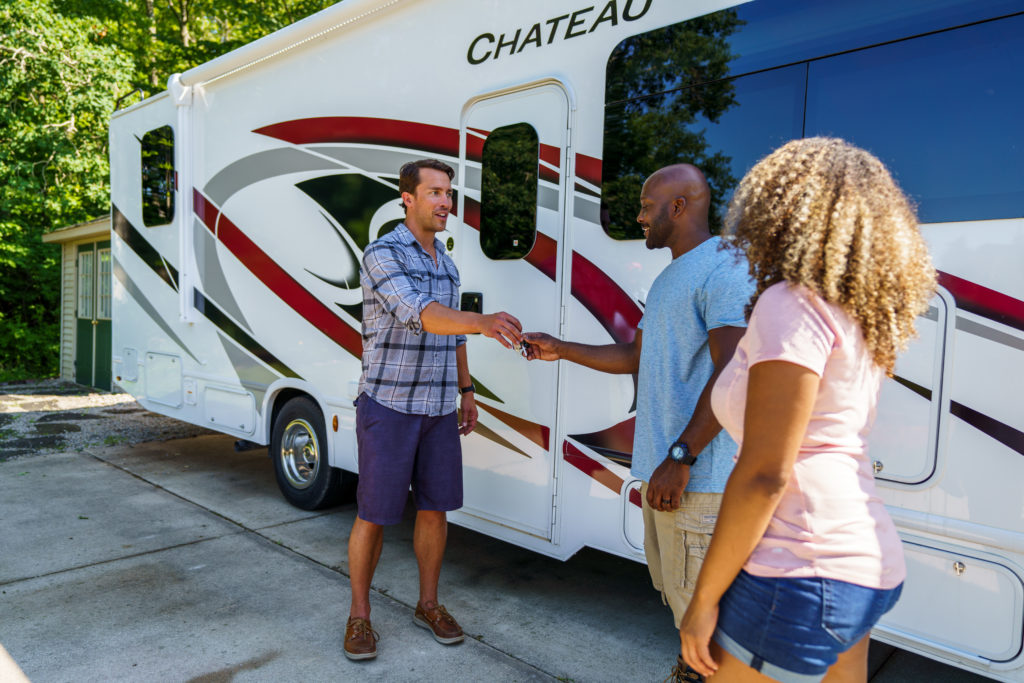
2. Manage guest expectations.
Most negative reviews stem from unmet expectations. When a guest can’t find information or photos of your park, they’ll likely imagine something other than what your campground offers.
Here are a few tips to avoid ambiguity and make sure you’re meeting campers’ expectations.
Market to the right audience.
Half of the battle in setting expectations is just knowing whose expectations you’re trying to set. By no means does this mean you need to reinvent your campground. Just identify the audience you have or the audience you’re trying to reach.
A few questions to consider:
- Does your campground cater to seasonal, long-term, or overnight stays?
- Is your campground designed for families, retirees, or remote workers?
- Are you a glampground or luxury campground?
- Are you part of a campground association?
- Is your park close to a major city or attraction?
Talladega Pit Stop in Lincoln, Alabama is just minutes away from Talladega Superspeedway and they do a great job of marketing to racing fans.
Having a clear picture of who you’re trying to accommodate will help you better manage your park and how you market it.
Design a “trustworthy” website.
A few years ago a study revealed that, when it comes to trustworthy companies and organizations, nothing beats word of mouth. However, researchers found that 70 percent of those they surveyed said they trusted branded (or well-designed) websites.
Furthering that point, an additional study in 2019 found that 148.3 million travel reservations (across multiple industries) were made entirely online, accounting for a nearly $600 billion industry.
Your park’s online presence matters and is essential in keeping your campground competitive.
Fortunately, designing a website has never been easier. However, if you’d rather pay someone else to come in and do the heavy lifting, The RV Geeks and CIPR Communications are both great resources.
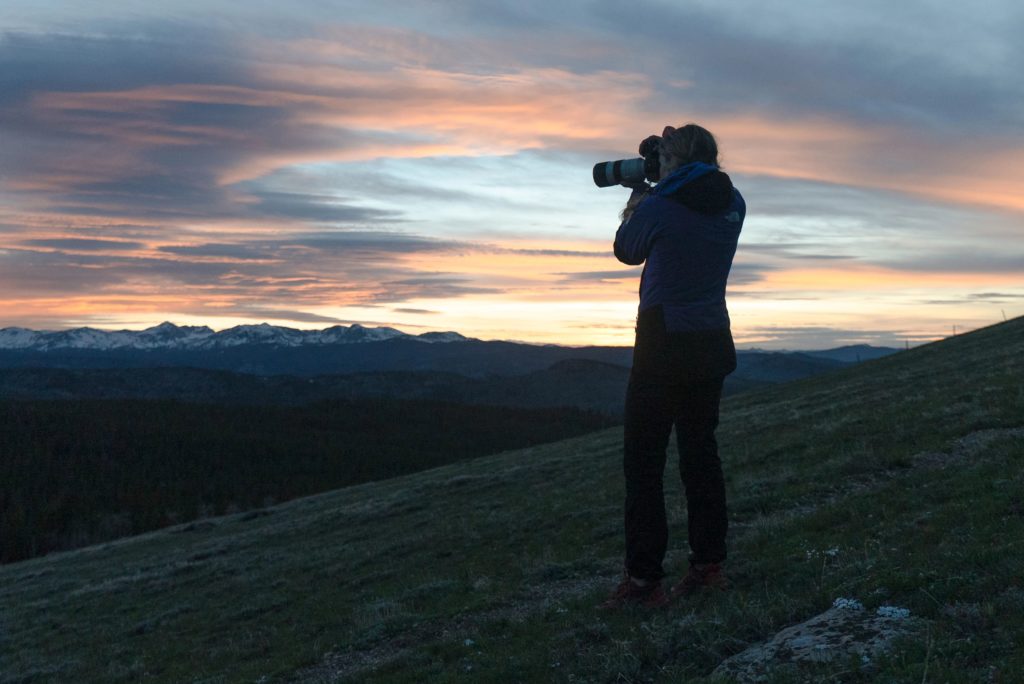
Take quality photos.
Seventy-five percent of guests rely on online photos before making a purchase (or reservation), and 22 percent of returns or cancellations occur when the advertised product looks different in person.
Hiring a professional photographer can go a long way in adding credibility to your campground, and it’s certainly worth budgeting for. You can typically expect to be charged $100 to $250 an hour for the shoot itself, and $25 to $100 per final image.
Even if you’re on a budget, having photos is still better than having no photos, and you can still take decent pictures on your phone. The important thing is that you’re showing guests what they can expect upon arrival.
Feature desired amenities.
Do you know what amenities your guests are looking for?
We’ve heard a lot of stories from our campgrounds about how they’ll invest money and time into a new pool or fitness center, and it will go largely unused.
We’ve heard stories from campers about how they’ll rule out parks in the future if they didn’t have decent WiFi or trees.
Knowing what amenities your campers are looking for is a great way to hedge your bets and keep them coming back. Make it a priority to get feedback from your guests to see what they value, and how you can better facilitate their experience.
For some more tips and ideas, we recently surveyed over 600 campers and ranked the 10 amenities they value most in a campground.
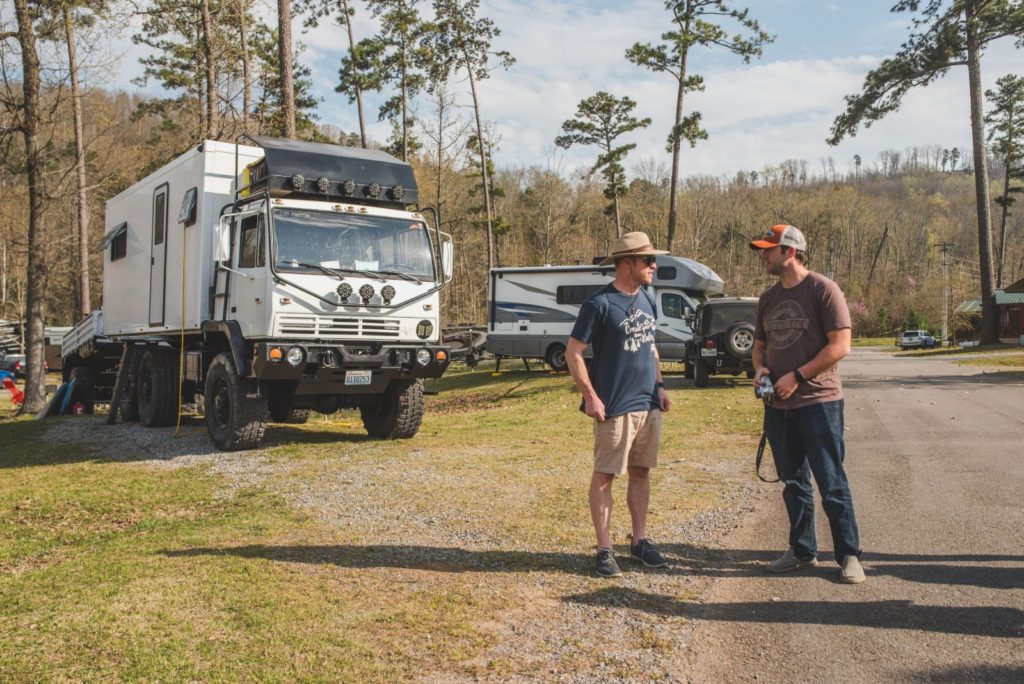
3. Establish a solid foundation.
There’s only so much that you can do with poor infrastructure at your campground. Especially for new owners, it’s imperative that you invest in the foundation of your park. Know the costs of building or restoring a campground to give yourself an appropriate budget and set your park up for success.
Whether you’re purchasing a new campground or restoring an existing one, be sure to prioritize basics like electricity, water, and septic.
4. Use an online reservation system.
Less work for more reservations.
Using an online reservation system like Good Sam has been proven to bring parks 25 percent more bookings and save as much as 300 hours in administrative work annually. Last year, Klahanie and Borden Bridge took 97 percent of their reservations completely online and cut down their busy work almost completely overnight.
Not to mention, online reservations are a better experience for guests, allowing them to find exactly what they’re looking for.
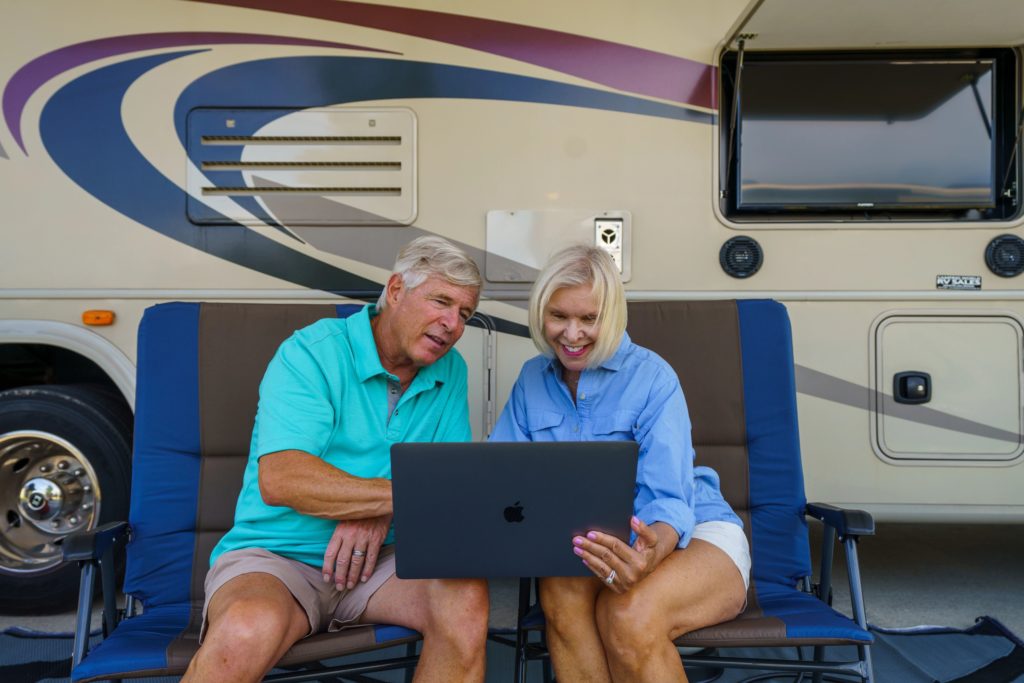
Channel partners.
Additionally, parks that use Campground Booking also have access to our channel partners, including GoRVing Canada, Travel BC, and the CCRVC.
This alone means that our parks are also bookable on any of our partner websites. On average, this brings campgrounds an additional 2 million views annually.
Channel partners like GoRVing Canada feature our campgrounds and bring in more reservations.
Automate day-to-day tasks.
Managing a campground involved lots of day-to-day tasks. Using software to manage your campground can automate repetitive tasks and allow you to easily view and update reservations.
You can also get email alerts for new reservations, reports for your business, dynamic rates for pricing on weekends and holidays, and an integration with Quickbooks to manage taxes and financials.
5. Routinely walk the park.
Depending on the size of your park it might not be feasible to walk the entire perimeter each day. That being said, it’s worth investing in the time (or golf carts) to regularly survey the property. At least twice a week (before and after a weekend), take a look around the campground and see what needs to be touched up or addressed.
Plus, this is a great way to connect with seasonal guests and build rapport as you walk around the park.
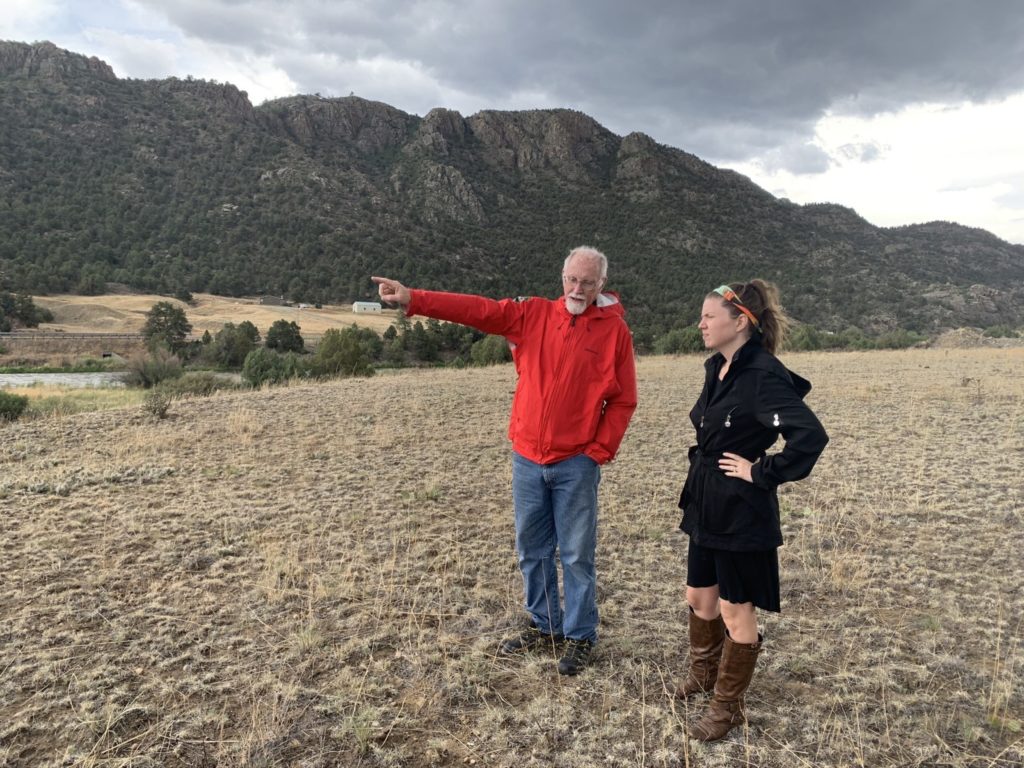
6. Interact with campers.
Even with an online system or automatic check-ins, owning a campground is an interpersonal business, and it’s still important to take time to interact with guests. Make it a priority to connect with campers during their stay.
- Ask them what they liked about their stay, or how you could improve their experience.
- Get an idea of what amenities they value.
- Ask them to leave a review as they leave.
If you’re an offsite owner, you can still follow up through email or social media. Extra effort to connect with guests will always be noticed and goes a long way to add value to your campground.
7. Check-in guests.
Tying in directly with Tip #6, make checking-in your guests a personable experience. This gives campers a face and humanizes their experience. Start off on a positive note and have a thoughtful process in place for when guests arrive.
- Who checks in your guests at arrival?
- Who leads them to their campsite?
- Can you help them park?
- Can you throw in any courtesy add-ons like firewood or WiFi as a thank you?
Little touches go a long way. How can you improve their stay and ensure that they return?
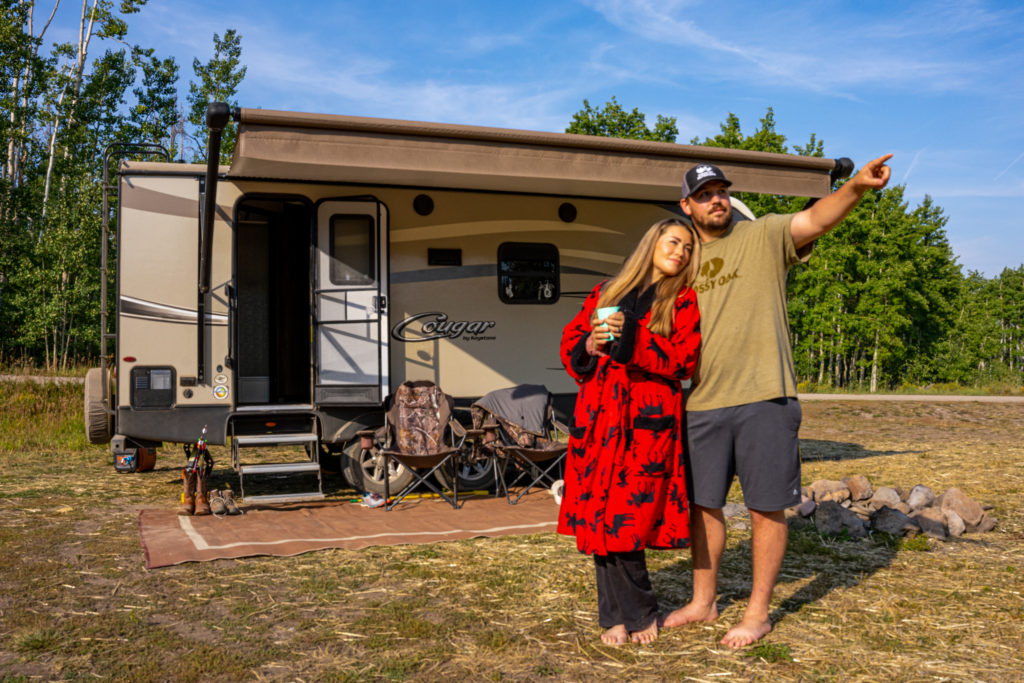
Putting it all together.
Even though there’s a lot that goes into running a campground, it doesn’t have to be overwhelming. Take the right steps to manage your park by:
- Building the right team.
- Managing guest expectations.
- Establishing a solid foundation.
- Using an online reservation software.
- Routinely walking around the park.
- Interacting with campers.
- Checking-in guests in person.
Want some help managing your campground?
Taking online reservations is the easiest way to offload day-to-day tasks, allowing you to focus on the things that make your park unique. If you’re looking for an easier solution to managing your campground, Good Sam can help. Request a demo today!